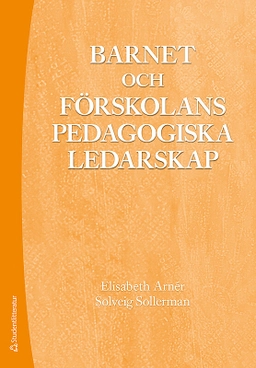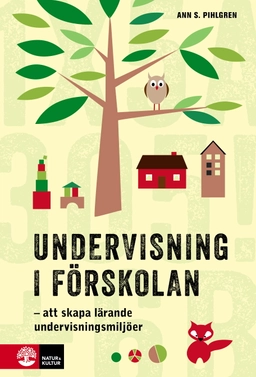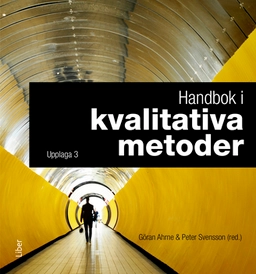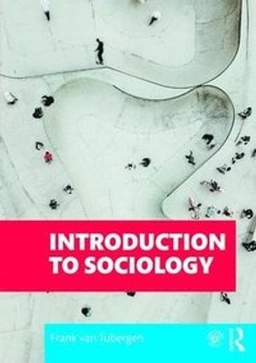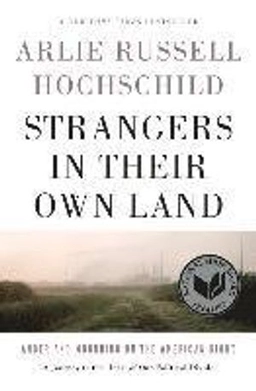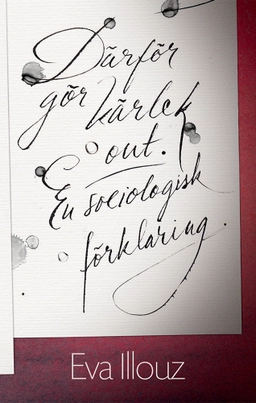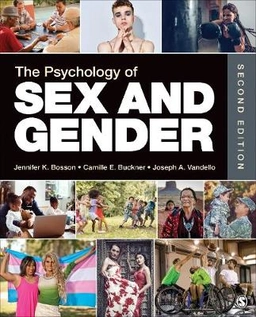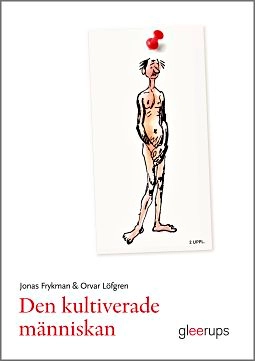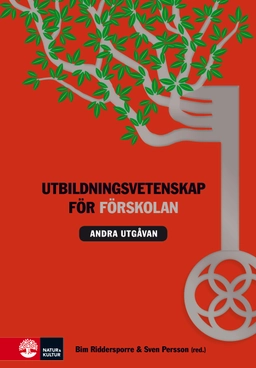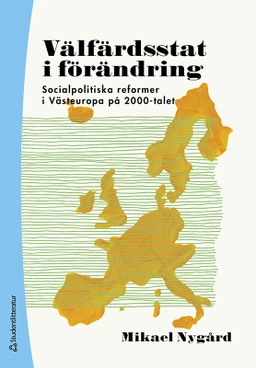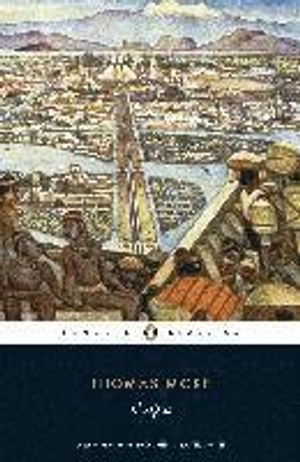

Utopia
- Utgiven: 2012
- ISBN: 9780141442327
- Sidor: 192 st
- Förlag: Penguin Books
- Format: Häftad
- Språk: Engelska
Om boken
'Even if you can't eradicate harmful ideas or remedy established evils, there's no reason to turn your back on the body politic'. In "Utopia", Thomas More gives us a traveller's account of a newly-discovered island where the inhabitants enjoy a social order based on natural reason and justice, and human fulfillment is open to all. As the traveller, Raphael, describes the island to More, a bitter contrast is drawn between this rational society and the custom-driven practices of Europe. So how can the philosopher try to reform his society? In his fictional discussion, More takes up a question first raised by Plato and which is still a challenge in the contemporary world. In the history of political thought few works have been more influential than "Utopia", and few more misunderstood. Dominic Baker-Smith's introduction examines the conflicting voices and perspectives of More's masterpiece and relates them to the European context of his time. This new edition also includes a chronology, notes, appendices, glossary and suggested further reading. It is translated and introduced by Dominic Baker-Smith.
Åtkomstkoder och digitalt tilläggsmaterial garanteras inte med begagnade böcker
Mer om Utopia (2012)
2012 släpptes boken Utopia skriven av helgon Sir Thomas More. Den är skriven på engelska och består av 192 sidor. Förlaget bakom boken är Penguin Books.
Köp boken Utopia på Studentapan och spara pengar.
Referera till Utopia
Harvard
More, helgon S. T. (2012). Utopia. Penguin Books.
Oxford
More, helgon Sir Thomas, Utopia (Penguin Books, 2012).
APA
More, helgon S. T. (2012). Utopia. Penguin Books.
Vancouver
More helgon ST. Utopia. Penguin Books; 2012.
Bokens omdöme
Ingen har recenserat den här boken ännu.
